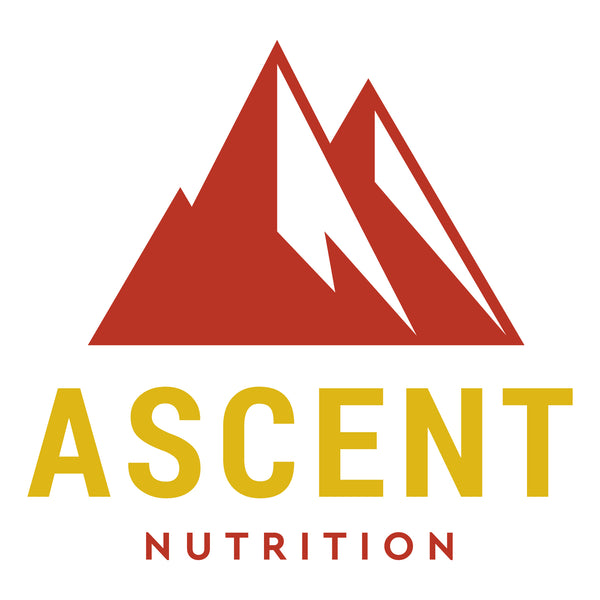Ascent Nutrition's DHA Regimen offers an easy and convenient way to ensure that you're getting the right amount of DHA daily.
To achieve "peak omega-3 levels," (i.e., to move the average of 4% to the optimal levels of 8%) one would need to consume 1,000 to 2,000 mg of DHA and EPA each day (or 7,000 to 14,000 mg per week).
However, the average American's weekly DHA intake falls short, only reaching slightly over 2,400 mg per week.
So, how do you optimize your omega-3 levels to experience all the benefits of docosahexaenoic acid?
When it comes to incorporating DHA into your diet, there are several options available.
Seafood, especially fatty fish such as salmon, mackerel, and sardines, is a rich source of the omega-3 fatty acid DHA. Consuming these types of fish regularly can help promote the levels of the essential fatty acids in your body. Fish oil supplements are another popular source of DHA, which can be taken in the form of capsules or a liquid.
However, dietary fish and fish oil supplements are ineffective for optimizing omega-3 DHA levels for several reasons:
-
Dietary Preferences and Allergies: Many people follow vegan or vegetarian lifestyles, others are allergic, and some do not find fish palatable.
-
Omega DHA Concentration: The DHA omega-3 daily dose recommended by the DHA Regimen is around 1,000 to 2,000 mg of DHA and EPA per day. This is the equivalent of 5-11 average servings of salmon in a week. This is not convenient or practical for many people.
-
Environmental Contaminants: Fish carry the risk of contaminants (e.g., mercury and PCBs) from chemicals discharged by agricultural, industrial, and urban sources.
Ascent Nutrition's Algae Oil DHA offers the easiest and most effective way to optimize your omega-3 levels. It allows you to consume the recommended 1,000 to 2,000 mg of DHA and EPA in a few drops.
This option benefits those who either do not consume fish or wish to ensure they meet the recommended DHA intake for their health objectives.
By consistently incorporating a high-quality DHA supplement like Ascent Nutrition's Algae Oil DHA into your daily routine, you can work towards achieving optimal health and well-being.

